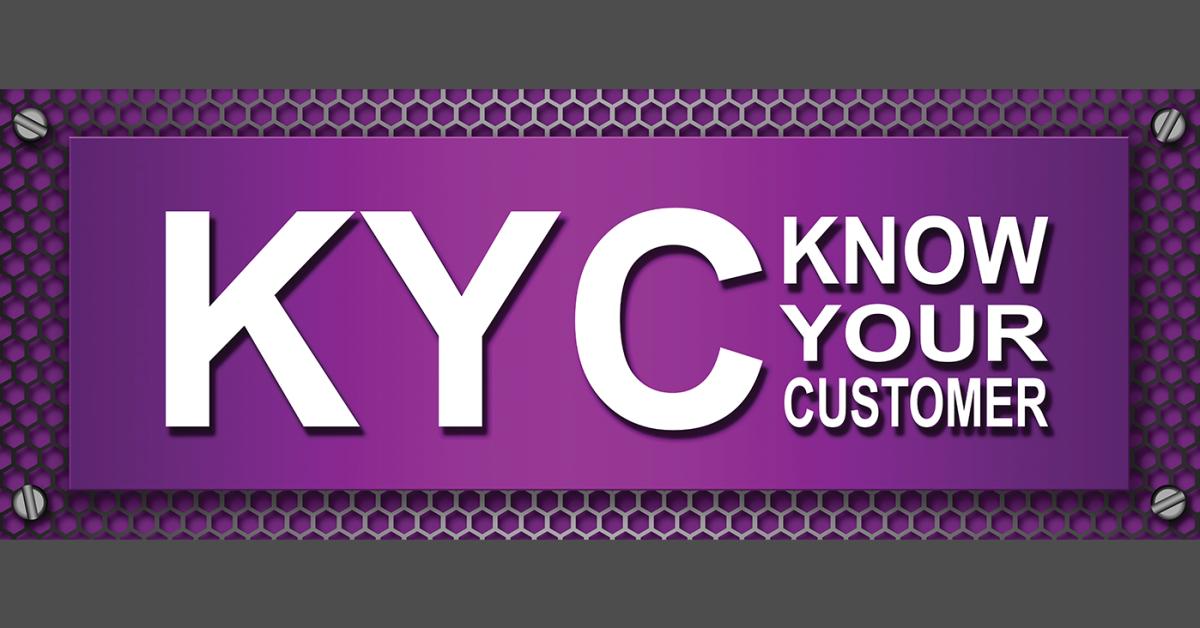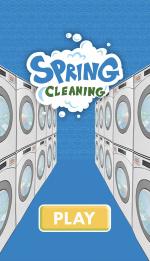CHICAGO — Targeted approaches to gauge how customers view their dry cleaner, along with other feedback methods, can help owners identify both problems and opportunities that might otherwise go unnoticed in daily operations.
In Part 1 of this series, we examined some ways that some dry cleaners solicit feedback from clients, and in Part 2, we looked at how they put that information to action. Today, we’ll conclude this series by examining what secret shopping efforts can reveal about a drycleaning company’s effectiveness, and how to ask customers the right questions.
Secret Shopping
One of the benefits America’s Best Cleaners (ABC) offers to members — and is part of the organization’s annual certification process — is its mystery shopping program.
“Mystery shoppers evaluate multiple dimensions of service,” says ABC Executive Director Christopher White, “including client experience, staff professionalism, garment handling, turnaround times and the overall quality of the finished product. These evaluations are not just for internal improvement; they are a key component of our annual certification process. Our affiliates are randomly secret-shopped eight times a year — twice per quarter — including at 24/7 kiosks and home pickup and delivery locations. This ensures a consistent, high level of service across all aspects of the business, from in-store interactions to the convenience-driven elements of our affiliate businesses.”
He adds that having secret shoppers come to a business eight times a year is the minimum — some owners utilize this option many more times than that annually, welcoming the challenge as they search for ways to improve their service while looking for warning signs.
“Common red flags include inconsistent quality, late orders, a lack of communication with clients about damages or repairs, and unprofessional interactions,” White says. “We see a lot of affiliates leaving money on the counter by not offering repairs and specialty processes.
“For businesses that have integrated technology like kiosks and home delivery, a major warning sign is failing to maintain the same high level of service across these channels. Mystery shoppers help uncover these gaps so businesses can address them promptly.”
Before online reviews and other methods were available, mystery shopping was one of the few methods cleaners had to gauge how customers were seeing their business. Now, mystery shopping has become a more targeted tool.
“Online reviews are going to give us that raw feedback, but that does get emotional sometimes,” White says. “Mystery shopping lets us know the specific things that we want to execute. It could be something as simple as are the employees smiling? Are they greeting customers properly? And there are more technical aspects, such as recognizing that there’s specific damage on a garment and they are informing the customer about opportunities to solve that problem.”
David Meyer, owner of Elite Cleaners in Phoenix, Arizona, says his company uses mystery shoppers because “they give you a real insight on the things you might think you’re doing right,” he says. “When you hear what a secret shopper’s findings are, you modify your behavior.”
The changes Meyer has made based on secret shopper suggestions range from simple additions to introducing customers to options they might not otherwise know about.
“Based on our secret shoppers, we now wear name tags,” Meyer says. “We also offer services to the client that they might not be aware of. Old-school dry cleaners just let you come in and go out, and they don’t offer you many of the other choices that are available — our CSRs are required to offer another service that the customer is not using.”
The natural competitive nature of dry cleaners is brought into play when it comes to ABC mystery shoppers, according to White.
“Each month, all of our affiliates receive a comparative dashboard report that shows how their business is performing relative to the entire ABC affiliation,” he says. “This allows them to track their progress and identify areas for improvement. We then use this to match those strong in one area to collaborate with those that could improve in a service skill or experience. There’s no better tool than leveraging the power of peer pressure, so we are extremely transparent.”
Asking the Question
While both Oceanside Cleaners in Jacksonville, Florida, and Elite Cleaners use marketing companies to spearhead their feedback efforts, both say that cleaners wanting to get the view from the other side of the front counter can start simply.
“You can do it manually at the counter,” Meyer says, “and just ask the customer, ‘Did you have a good experience?’ And then, if they did, you can ask them, ‘Would you mind please putting a review on the internet for us?’ Let them decide where they’re going to do that. But if you’re not getting the reaction of a client from their point of view — not your point of view — then you’re not hitting your target correctly.”
“Be a great listener and have empathy,” says Michael Harris, owner of Oceanside Cleaners, noting that it’s important to keep the customer’s emotional state in mind if the feedback is negative. “Sometimes people have bad days. They’re not angry with you. It’s not personal. They just had a bad moment. Have empathy and be a good listener.”
“You’ve got to understand their side,” says Harris’ son, Mark. “Communicate to them that you understand where they’re coming from. That’s a big deal. People want to be heard. They want to be understood.”
For Part 1 of this series, click HERE. For Part 2, click HERE.
Have a question or comment? E-mail our editor Dave Davis at [email protected].












































































